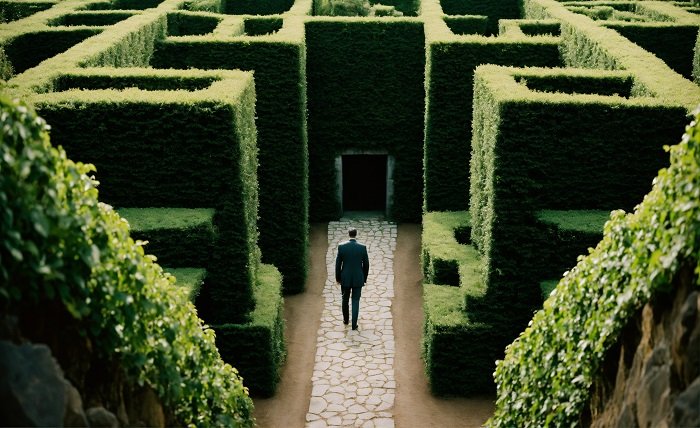We accept the love we think we deserve. Happiness in intelligent people is the rarest thing I know. What you do speaks so loudly that I cannot hear what you say.
The Warmth and Weight of Memory
“Memories warm you up from the inside. But they also tear you apart.”
Haruki Murakami’s haunting line captures the paradox of memory — its power to comfort us, and its ability to wound us. Memories are what make us human. They remind us of who we were, where we have been, and the people we have loved. They are the echoes of our past, whispering softly through the corridors of time.
Yet, memory is not always kind. The same recollections that make us smile can bring tears to our eyes. A scent, a song, or a photograph can pull us back into moments we thought we had left behind. In that sense, memory is both a blessing and a burden — it keeps love alive but also keeps pain breathing.
Still, to remember is to live. Even the most painful memories carry a kind of beauty, for they remind us that we have felt deeply, that we have lived fully. Without memory, there would be no identity, no growth, no understanding of ourselves or the world around us.
The Labyrinth of Suffering and the Power of Forgiveness
“The only way out of the labyrinth of suffering is to forgive.”
John Green’s words from Looking for Alaska speak to a truth that many struggle to accept — that healing does not come from revenge or forgetting, but from forgiveness.
Life often feels like a labyrinth — a maze of heartbreak, mistakes, and regret. We wander through its twists and turns, searching for a way out of our own suffering. But no matter how far we walk, pain follows us until we choose to let it go.
Forgiveness is not about excusing others; it’s about freeing ourselves. When we forgive, we stop carrying the heavy weight of anger and resentment. It is not weakness — it is strength in its purest form. To forgive is to say, “I will not let this pain define me.”
Forgiveness also includes forgiving ourselves. We all make choices that haunt us. We all say words we wish we could take back. But holding on to guilt only deepens the labyrinth. The way out begins when we allow ourselves to heal — when we understand that being human means making mistakes and learning from them.
Haunted by Humanity
“I am haunted by humans.”
Markus Zusak’s unforgettable line from The Book Thief is spoken by Death itself — a reflection on the beauty and tragedy of humankind. To be “haunted by humans” means to be deeply affected by their contradictions: their kindness and cruelty, their bravery and fear, their love and loss.
We live in a world where compassion and pain coexist. Humanity is capable of creating both miracles and destruction. What haunts us is not only the suffering we witness, but the realization that we are capable of causing it.
And yet, it is this haunting that gives meaning to existence. Our empathy, our guilt, our desire to do better — these are signs of life within us. To be haunted by humans is, in truth, to be connected to them. It means we feel their joy and sorrow as our own.
In a way, we are all haunted — by our memories, our regrets, and our longing to make sense of it all. But this haunting is also a reminder that we care. That our hearts, fragile as they are, still beat for something beyond ourselves.
The Connection Between Memory, Forgiveness, and Humanity
These three ideas — memory, forgiveness, and human empathy — are deeply intertwined. Memories remind us of what has been lost. Forgiveness teaches us how to release the pain of the past. And being haunted by humanity shows that even in darkness, we are connected by emotion, compassion, and hope.
To live fully, we must learn to hold these truths together. We must cherish our memories, forgive those who hurt us (and ourselves), and stay open to the humanity around us — even when it hurts. The heart, after all, was made to break and heal, again and again.
Finding Peace in the Labyrinth
Life will never be free of pain, but it can be full of purpose. We can choose to see memories not as chains, but as bridges — connecting who we were to who we are becoming. We can choose forgiveness as the key that unlocks peace. And we can let the haunting presence of humanity remind us that we are never alone in our struggles.
In the end, every person walks through their own labyrinth. Some walls are built from grief, others from guilt. But no labyrinth is endless — the way out is found within.
When we forgive, when we remember with love instead of bitterness, and when we embrace our shared humanity, we discover that the exit from suffering is not escape — it is understanding.
Conclusion: The Courage to Feel
“Memories warm you up from the inside. But they also tear you apart.”
“The only way out of the labyrinth of suffering is to forgive.”
“I am haunted by humans.”
Together, these lines reveal the essence of being alive — to feel deeply, to hurt honestly, and to heal bravely. The beauty of life lies not in avoiding pain, but in transforming it into wisdom and compassion.
Forgive the past. Embrace the memories. And let the haunting of humanity remind you that to live is to love — even when it hurts.
